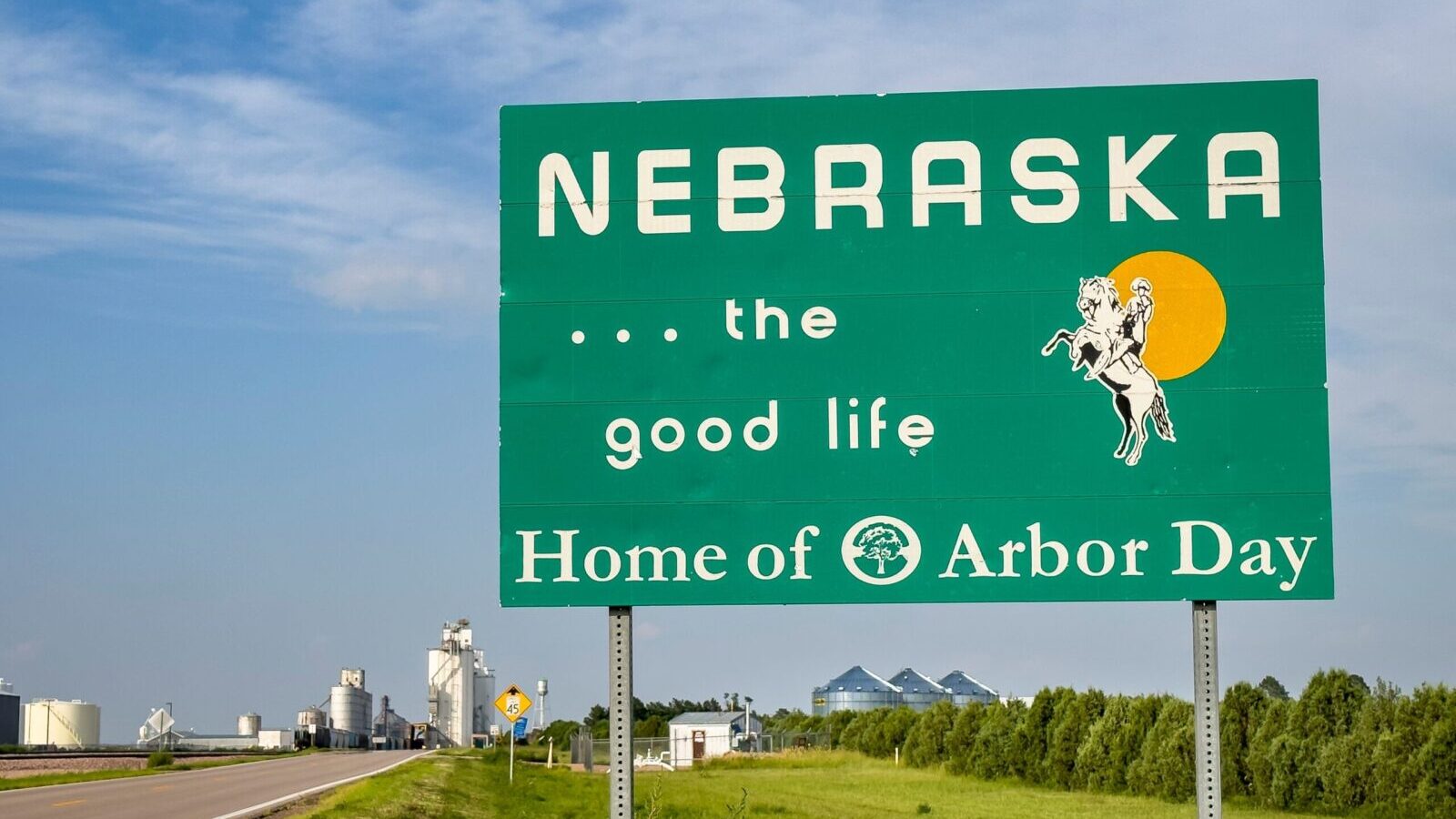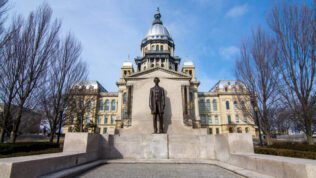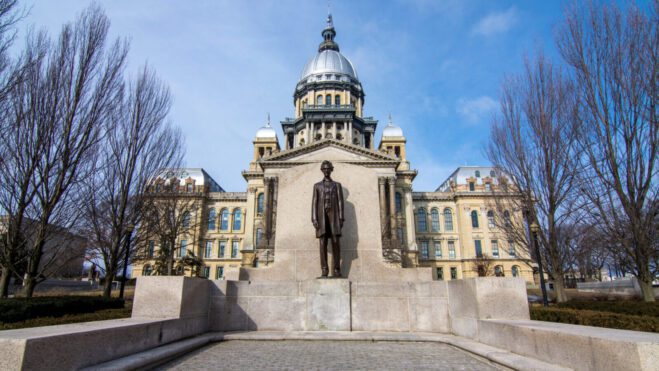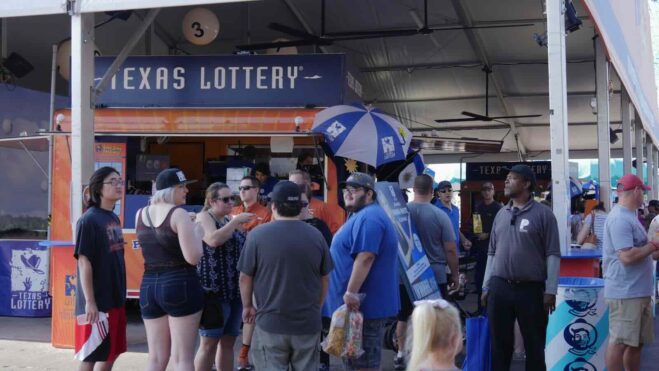Nebraska Lottery Marks $1 Billion Milestone In Funding Projects Across The State
After 30 years, the lottery remains a cornerstone of the state’s fiscal strategy for enhancing public services
2 min

The Nebraska Lottery has reported a historic achievement in its 30-year-plus history, announcing Tuesday that it has transferred more than $1 billion back to the state since its inception. This numerical milestone underscores the impact of lottery-generated funds on various sectors, from education and environmental conservation to community welfare and infrastructure.
The latest quarterly transfer of almost $11.4 million, made during the week of Sept. 30, pushed the total amount transferred to over $1 billion. These funds have been distributed every quarter since the lottery was inaugurated in September 1993.
All 93 counties in Nebraska have received some type of funding from the lottery, which has been a cornerstone of the state’s fiscal strategy for enhancing public services.
Wide-ranging impact of lottery proceeds
Since its inception, the Nebraska Lottery has played a pivotal role in funding various public projects. One of the most notable beneficiaries is the Nebraska Environmental Trust (NET), which operates a grant program for natural resources projects.
Over $430 million has been allocated to NET for projects focused on preserving and improving Nebraska’s natural resources. They concentrate on habitat restoration, surface and groundwater conservation, waste management, air quality, and soil management.
Karl Elmshaeuser, executive director of the Nebraska Environmental Trust, highlighted the importance of these funds, stating, “The Nebraska Lottery has been instrumental in supporting projects that safeguard our natural environment. From restoring wildlife habitats to improving water quality, these funds have made a lasting impact on the state’s ecological health.”
In addition to environmental initiatives, lottery proceeds have been a vital source of funding for education, particularly through the Nebraska Opportunity Grant program. This program, which receives the largest percentage of Nebraska Lottery funds allocated for education, provides financial aid to Nebraska college students.
Dr. Michael Baumgartner, executive director of the Coordinating Commission for Postsecondary Education, emphasized the importance of these grants in supporting students who may not otherwise be able to afford higher education.
“College costs are the number one reason given by people who don’t attend college or drop out without completing a certificate or a degree,” Baumgartner said. “Nebraska Lottery proceeds distributed to the Nebraska Opportunity Grant program have helped hundreds of thousands of Nebraska students pay for their college education over the past three decades, benefitting them, their families, and all Nebraskans.”
Support for the Nebraska State Fair and public health
The Nebraska State Fair has also seen significant improvements due to lottery proceeds. Since 2004, when the Nebraska State Fair was added as a lottery beneficiary, funds have helped enhance the fairgrounds and support agricultural education. According to Jaime Parr, executive director of the Nebraska State Fair, the lottery’s contributions have improved the safety, comfort, and educational value of the event, which draws tens of thousands of Nebraskans each year.
“[Agriculture] education is embedded in the Nebraska State Fair mission,” Parr noted. “The Nebraska Lottery has given us the opportunity to create a safe and comfortable event while supporting the roots of agriculture and tradition in our state.”
The Nebraska Lottery has also funded numerous programs designed to help individuals struggling with gambling addiction. The Gamblers Assistance Program, another beneficiary of lottery proceeds, provides free counseling services to state residents, available at 30 clinics across the state. The program also trains counselors in gambling addiction treatment and offers continuing education to professionals in the field.
The distribution of lottery proceeds was codified by Nebraska voters in 2004 with the passage of Amendment 4.






